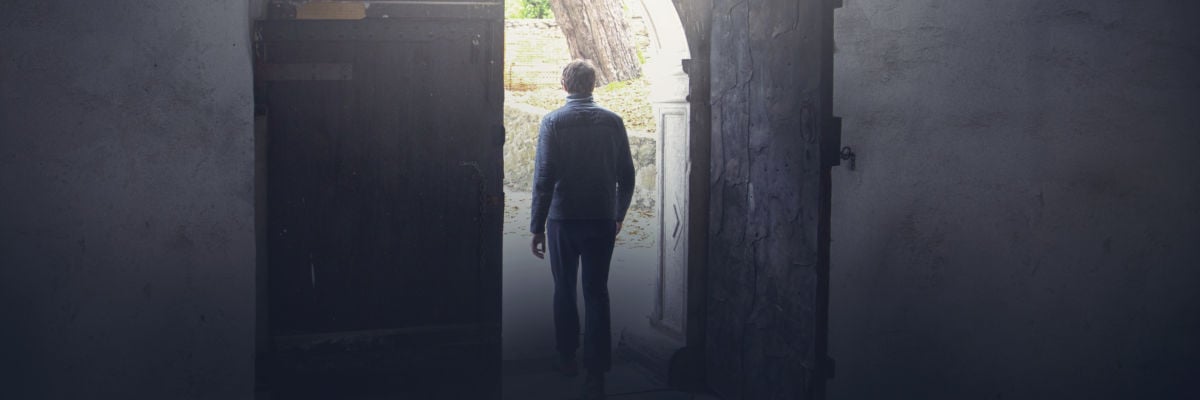
Question:
Answer:
Ultimately, you cannot judge since you do not know for certain the state of the person’s conscience. This does not mean, however, that you cannot or should not warn the individual against the gravely dangerous course of action he is undertaking.
The First Vatican Council pointed out that in addition to intellectual arguments for the truth of the Catholic faith, God “confirms by his grace those whom he has translated into his admirable light [i.e., of the Catholic faith], so that they may persevere in this light, not abandoning them unless he is first abandoned” (Decree on the Catholic Faith 3).
Those who have embraced the Catholic faith are thus in a special position because of the extra grace they are given in maintaining their faith.
The situation of those who, by the heavenly gift of faith, have embraced the Catholic truth is by no means the same as that of those who, led by human opinions, follow a false religion; for those who have accepted the faith under the guidance of the Church can never have any just cause for changing this faith or for calling it into question. (Decree on the Catholic Faith 3)
The bottom line is that for one who has embraced the Catholic faith and who has not lost the use of reason, God will always provide the grace and evidence necessary maintain his adherence to the Catholic faith.
If such a person does not maintain this adherence then either (a) he never embraced the Catholic faith, (b) he has since lost the use of reason (either generally or in relation to this subject), or (c) he abandoned the faith through his own fault, in which case he will bear the eternal consequence of doing so.
Which of these is the case in a particular instance is something that we in this life are unable to determine due to our inability to read consciences.


